In the world of hunting, there exists a profound and often misunderstood connection between hunters and wildlife conservation. While some may perceive these two pursuits as opposing forces, the reality is quite different. Responsible hunting can play a pivotal role in preserving and enhancing our natural ecosystems. In this article, we’ll explore the symbiotic relationship between wildlife conservation and responsible hunting.
Understanding Conservation Through Hunting:
Hunters, as avid outdoor enthusiasts, have a deep respect for the environment. They understand the delicate balance of ecosystems and the need to protect them. Conservation is not merely a buzzword but a guiding principle for many hunters.
Habitat Preservation: Funds generated through hunting licenses, permits, and taxes on firearms and ammunition play a substantial role in supporting wildlife habitat preservation. These resources are used to protect and restore lands for the benefit of both game and non-game species.
Population Management: Controlled hunting seasons are designed to manage wildlife populations. Overpopulation can lead to habitat destruction, disease, and imbalances in ecosystems. Responsible hunting helps control these populations and maintain the health of the ecosystem.
Dollars for Conservation: Many hunting organizations and programs contribute substantial funds to wildlife conservation efforts. Hunters willingly invest in the very environments and species they cherish, contributing to research, protection, and preservation.
Ethical and Sustainable Practices: Responsible hunters follow strict ethical guidelines and engage in sustainable hunting practices. They respect hunting seasons, bag limits, and conservation laws, ensuring that their activities have minimal impact on wildlife populations.
Education and Advocacy: Hunters often play a vital role in advocating for wildlife conservation. They share their knowledge and passion with the broader community, helping to raise awareness and support for these essential initiatives.
Balancing the Ecosystem: Predators are necessary components of ecosystems. By participating in responsible hunting, hunters help maintain a balance in these systems, preventing overgrazing and preserving the health of forests and grasslands.
A Call for Responsibility:
While hunting and wildlife conservation can work hand in hand, it is crucial that hunters take their responsibilities seriously. Responsible hunting means prioritizing the welfare of both the environment and the species you hunt.
Conclusion:
Hunting and wildlife conservation are not opposing forces, but rather interconnected elements of responsible stewardship of our natural world. By understanding and promoting this symbiotic relationship, we can ensure the long-term health of our ecosystems and the continuation of hunting traditions for generations to come.
At HunterSafetyCourse.com, we celebrate the relationship between hunting and wildlife conservation. We’re dedicated to providing resources, education, and support to responsible hunters who appreciate and safeguard our natural heritage.
Together, we can uphold the delicate balance of our ecosystems, conserve wildlife, and enjoy the profound connection to nature that hunting offers. Happy hunting, and remember, responsible hunting is conservation.
